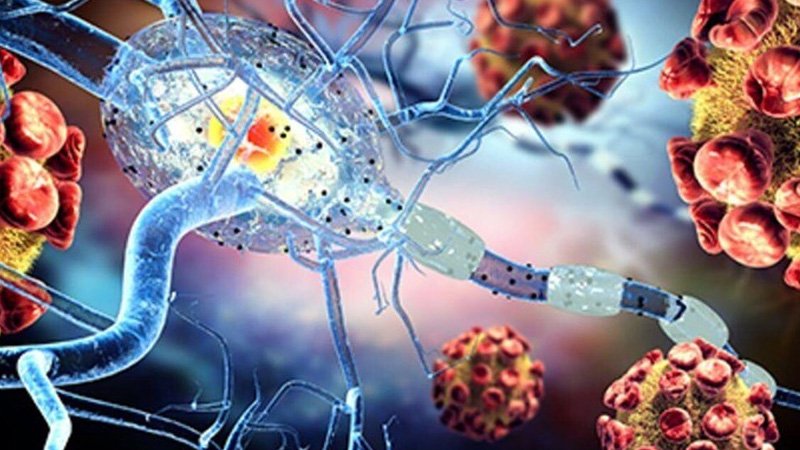
Medscape
There is no link between the COVID-19 vaccination and an increased risk for multiple sclerosis (MS) relapse in most patients. However, there is a small increase in the risk for relapse following receipt of the COVID-19 booster in those with high MS activity. report from NIH.
METHODOLOGY:
- Researchers conducted an observational study using data from the French National Health Data System.
- 124,545 patients with MS were identified on January 1, 2021; 82.3% received at least one dose of a COVID-19 vaccine.
- The analysis included data following the first three doses of COVID-19 vaccines.
- The primary outcome was MS relapses requiring hospitalization and treatment with high-dose corticosteroids within a 45-day risk period after each vaccine dose.
TAKEAWAY:
- There was no association with increased relapse risk following the first or second dose of the COVID-19 vaccine or the booster dose.
- In a subgroup analysis, booster dose was associated with a 28% higher risk for relapse in patients who had two or more relapses in the previous 2 years (incidence rate ratio, 1.28; P = .006), especially untreated patients.
- To confirm these findings, researchers also conducted a case-time control study, which did not show an increase in risk for relapse after any of the three doses.
- Investigators found an association between vaccination and decreased relapse risk (odds ratio, 0.90; P = .01).
IN PRACTICE:
“Our findings are reassuring that these vaccines can be used without any worry about the risk of relapse,” lead author Xavier Moisset, MD, PhD, of Clermont Auvergne University in Clermont-Ferrand, France, said in a press release, adding “the absence of such a risk is encouraging for people with MS that they may receive booster shots when needed, especially if booster shots are to be repeated in the future.”
SOURCE:
The study was led by Moisset and colleagues and was published online on August 14 in Neurology.
LIMITATIONS:
The main limitation was the reliance on hospital care and drug reimbursement data, which lacked clinical information. Benign relapses may have been underreported. Additionally, pseudo-relapses may have been mistakenly identified as actual relapses.
DISCLOSURES:
The study did not receive any specific funding. Some authors declared receiving financial and non-financial support from various pharmaceutical companies. Additional disclosures are noted in the original article. Full disclosures are available in the original article.






